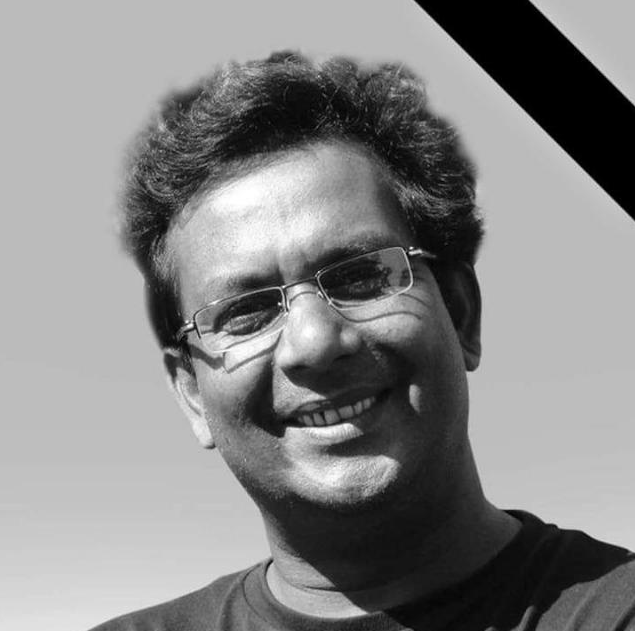Lalon and Loknath: The pursuit of unity despite differences


Published: 03:26 18 October 2025
In the spiritual history of Bengal, Lalon Fakir and Loknath Brahmachari are two leading saints who have pursued the same goal, albeit on different paths—the liberation of humanity and the awakening of consciousness. One gave the message of liberation of humanity through the light of reason and thought, while the other showed the path of love for God through devotion and faith. The combination of these two streams has created a unique beauty and coexistence in the spiritual tradition of Bengal.
Lalon Fakir (1774–1890) was a beacon of free thought. He broke the walls of caste, color, and religious discrimination prevalent in society and called people to the path of self-knowledge. His philosophy was human-centric—“If you worship people, you will become a golden man.” According to Lalon, religion is not in external rituals or customs, but lies within the heart of a person, where humanity and love are the symbols of true worship.
On the other hand, Loknath Brahmachari (1730–1890) was an ideal saint of devotion and sacrifice. Since childhood, he was immersed in celibacy, fasting, meditation and remembrance of the name of God. His life is a symbol of complete devotion, sacrifice and compassion. He wept for the suffering of people, and dedicated his life to their liberation. His followers believe that Loknath is the refuge, who relieves the suffering of believers and brings peace to their lives.
Although their paths are different, the goal is the same—the self-awakening and welfare of people. Just as Lalon gave the message of liberation in the light of knowledge, Loknath showed the path to that liberation in the fire of devotion. For Lalon, man is the form of religion, and for Loknath, man is the reflection of God.
Therefore, Lalon and Loknath teach us—liberation does not come through external rituals or religious identity, but rather through the awakening of the heart. They showed that thought and faith, reason and devotion—all can be woven together in the service of humanity. Amidst division, they established an eternal philosophy of unity, which continues to shine as a beacon of tolerance, love and humanity in our society today.
Most Readed - Literature & Culture
- JB's law department student Mehnaz not included in BJS gazette
- Farewell ceremony of 5th grade students of The Child Learning Homes held in Durgapur
- 56 BGB seizes four ownerless Indian cows at Boda border
- BGB seizes huge quantity of Indian liquor in night operation
- Miscreants attack on rice sheaf banner in Narail - Concern in Hindu-dominated areas
- Fraud in the name of unregistered cooperative in Narail - Allegations against Astha Sangstha
- Gazipur teenager Selim suffers from terminal cancer, desperate plea for help
- EB Chhatra Dal's prayer mahfil for the health of Khaleda Zia
- EB Reform Movement's sit-in program on two demands
- Savar Disabled Woman Hanufa Murder Case: Property Misappropriation Was the Main Motive, Newly Revealed
- The Iranian public has mixed reactions to the death of President Ibrahim Raisi
- Iran's President Ebrahim Raisi and Foreign Minister died in the helicopter crash
- Ibrahim Raisi Killed: Mere Accident or Premeditated Murder?
- in the memory of Ibrahim Raisi, mourning in the country
- 3 KNF members were killed in a joint operation led by the army in Bandarban
- Today is Sheikh Hasina's 44th Homecoming Day
- Urinary Bladder Cancer: Symptoms to watch out for
- Kangana will say goodbye to the world of cinema forever
- High blood pressure 'silent killer' for kidneys
- France supports arrest warrant application against Netanyahu-Hania




